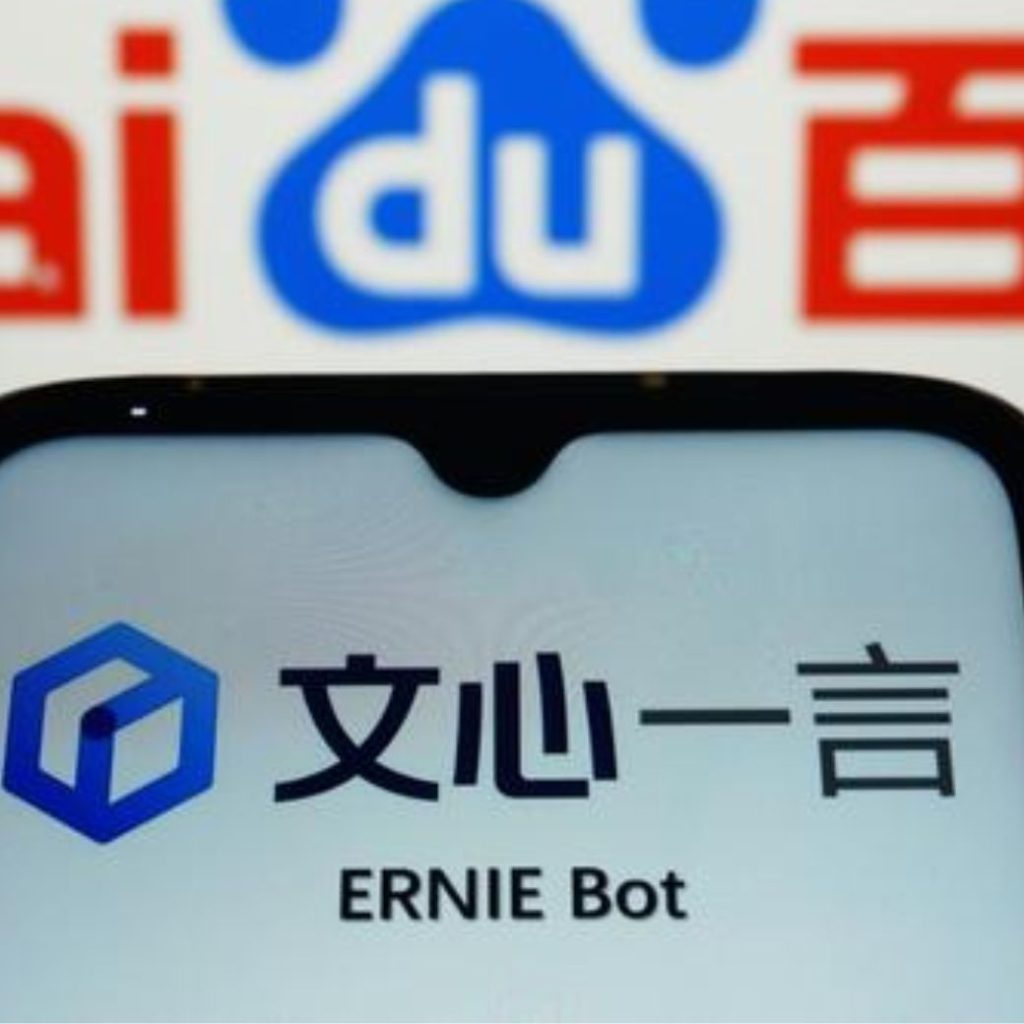Elon Musk, the eccentric entrepreneur and owner of Twitter, has sent shockwaves through the digital world by officially killing the once-vibrant text-based social media platform. In its place emerges a disfigured shell known only as X, a platform transformed under the command of its enigmatic and often controversial leader. The rebranding has left users questioning the future of the platform and the implications of its metamorphosis. Formerly a fountain of authoritative information, Twitter has now morphed into a warped platform where trolls can amplify their hateful content, identity verification no longer exists, and reputable journalists find themselves banned and smeared. As X takes the stage, the future of AI-driven social media and its impact on society remain uncertain.
Musk’s vision for X and Twitter’s demise
Elon Musk’s recent bold move to rebrand Twitter as X has sent shockwaves through the digital world, sparking a whirlwind of reactions and leaving users and industry experts pondering the implications for this once prominent social media giant. This groundbreaking decision comes shortly after Musk’s acquisition of the company in October 2022, a period marked by extensive restructuring within the company’s leadership ranks and the implementation of controversial alterations to the platform’s core features.
The transition from Twitter to X represents a profound symbolic transformation, as Musk aims to imprint his vision and values onto the platform, much akin to how Donald Trump left an indelible mark on the Republican Party. While Musk’s vision for X as an all-encompassing AI-powered app has ignited curiosity, critics argue that this drastic shift may exacerbate Twitter’s existing challenges, including strained relationships with advertisers and declining user satisfaction levels. As the digital community awaits this paradigm-shifting transformation, the future of X remains closely watched, and the platform’s potential impact on social media dynamics stirs vigorous debates within the industry.
X’s uncertain future and Musk’s ambitious vision
X’s emergence as a deformed version of Twitter has raised concerns among users and industry observers alike. The platform, now lacking identity verification, clear rules, and effective content moderation, faces a murky and uncertain future. Musk envisions X as an all-in-one app, akin to China’s WeChat, with unlimited interactivity and powered by AI. Twitter’s new CEO, Linda Yaccarino, attempts to reassure users by promising a global marketplace for ideas, goods, services, and opportunities. Nevertheless, the rebranding has faced criticism, with many questioning the destruction of the universally recognizable Twitter brand. As competitors like Instagram’s Threads make their mark, the success of Musk’s bold transformation remains unclear, and the company faces the challenge of navigating rough waters under his leadership.
Elon Musk’s audacious move to kill Twitter and birth X has set the stage for a disruptive shift in the social media landscape. The metamorphosis from Twitter’s authoritative domain to X’s distorted and uncertain terrain has ignited debates about the future of AI technology in social media and the balance between free expression and content moderation. As the journey to redefine and reposition X unfolds, the fate of the platform remains closely watched by users and competitors alike. Elon Musk’s vision for an all-encompassing AI-powered app has sparked curiosity and skepticism, leaving Twitter’s legacy behind and venturing into uncharted territory. The digital world braces for the impact of this radical transformation, as X embarks on a path that could shape the future of social media for years to come.





